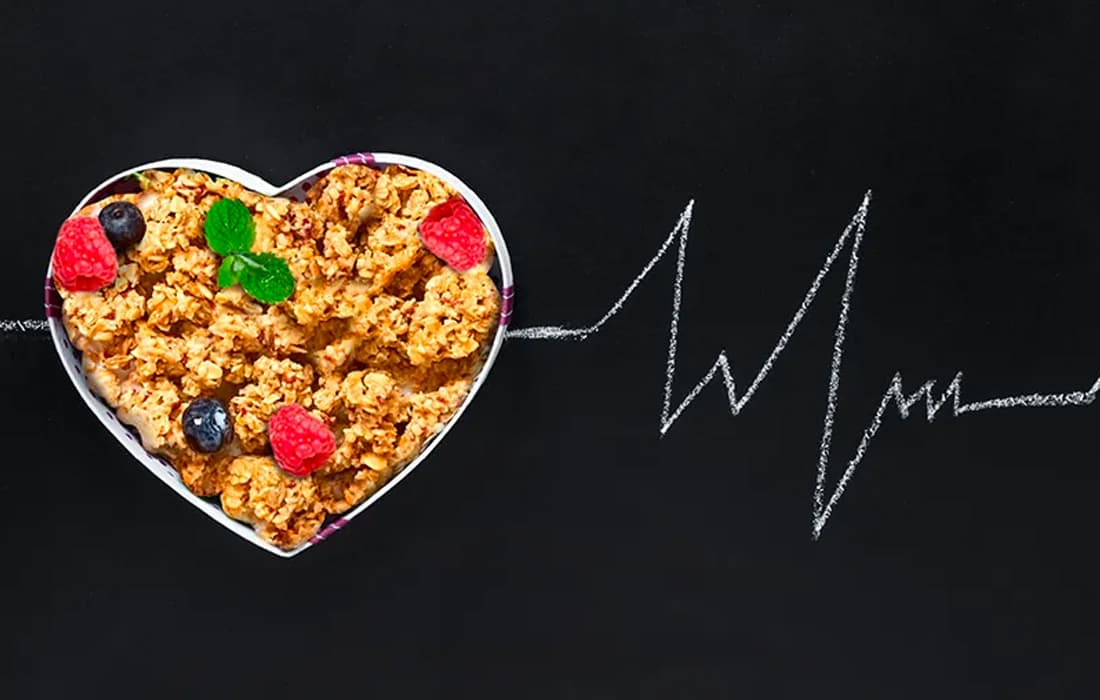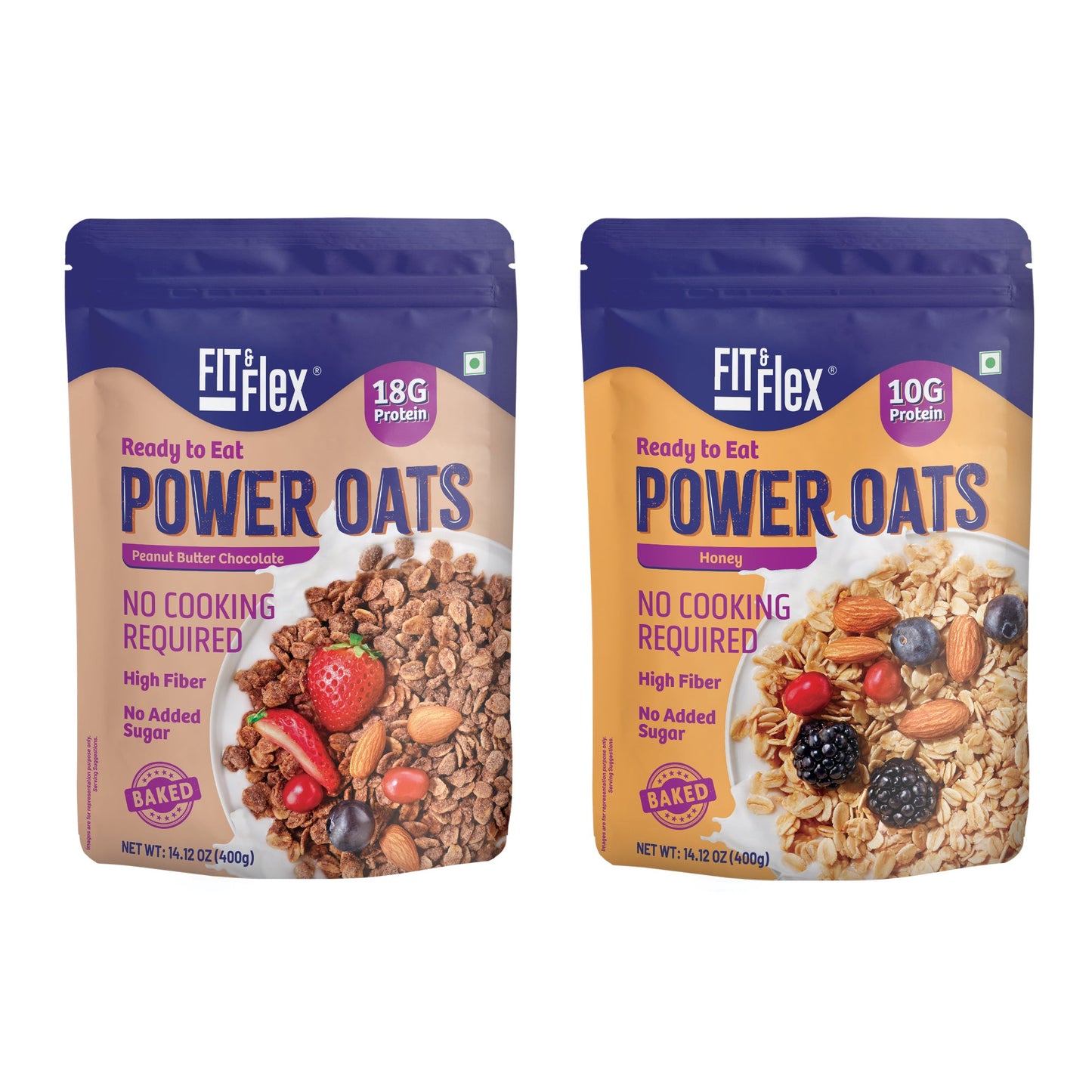Busting Myths: 5 Misconceptions About Granola You Need to Forget

Granola has long been a popular breakfast choice, celebrated for its crunchy texture and wholesome ingredients. However, like many beloved foods, it is surrounded by misconceptions that can lead to confusion about its nutritional value and health benefits. In this article, we’ll debunk six common myths about granola and set the record straight.
Myth: Granola is always a healthy choice
Fact: While granola can be a nutritious option, not all granolas are created equal. Some store-bought varieties are loaded with added sugars, unhealthy fats, and artificial ingredients. It’s important to read labels carefully and opt for granolas that are made with whole grains, nuts, seeds, and natural sweeteners.
Myth: Granola is low in calories
Fact: Granola is often calorie-dense due to its combination of oats, nuts, seeds, and sweeteners. Portion control is key to enjoying granola as part of a balanced diet. A small serving can provide essential nutrients and keep you full, but eating large quantities can contribute to excessive calorie intake.
Myth: Granola is only for breakfast
Fact: Granola is incredibly versatile and can be enjoyed at any time of the day. Sprinkle it on yogurt, blend it into smoothie bowls, use it as a topping for baked goods, or simply enjoy it as a snack. Its versatility makes it a convenient and tasty addition to various meals and snacks.
Myth: Homemade granola is always healthier
Fact: Homemade granola can be a healthier option because you control the ingredients, but it’s not automatically healthier. Recipes that call for large amounts of oil, butter, or sugar can still be high in calories and unhealthy fats. Be mindful of the ingredients you use and aim for a balanced mix of whole grains, nuts, seeds, and natural sweeteners.
Myth: Granola doesn’t fit into a weight loss plan
Fact: Granola can be part of a weight loss plan if consumed in moderation and paired with other nutrient-dense foods. Its high fiber and protein content can help keep you full and satisfied, reducing the likelihood of overeating later in the day. Just be mindful of portion sizes and avoid granolas with excessive added sugars.




